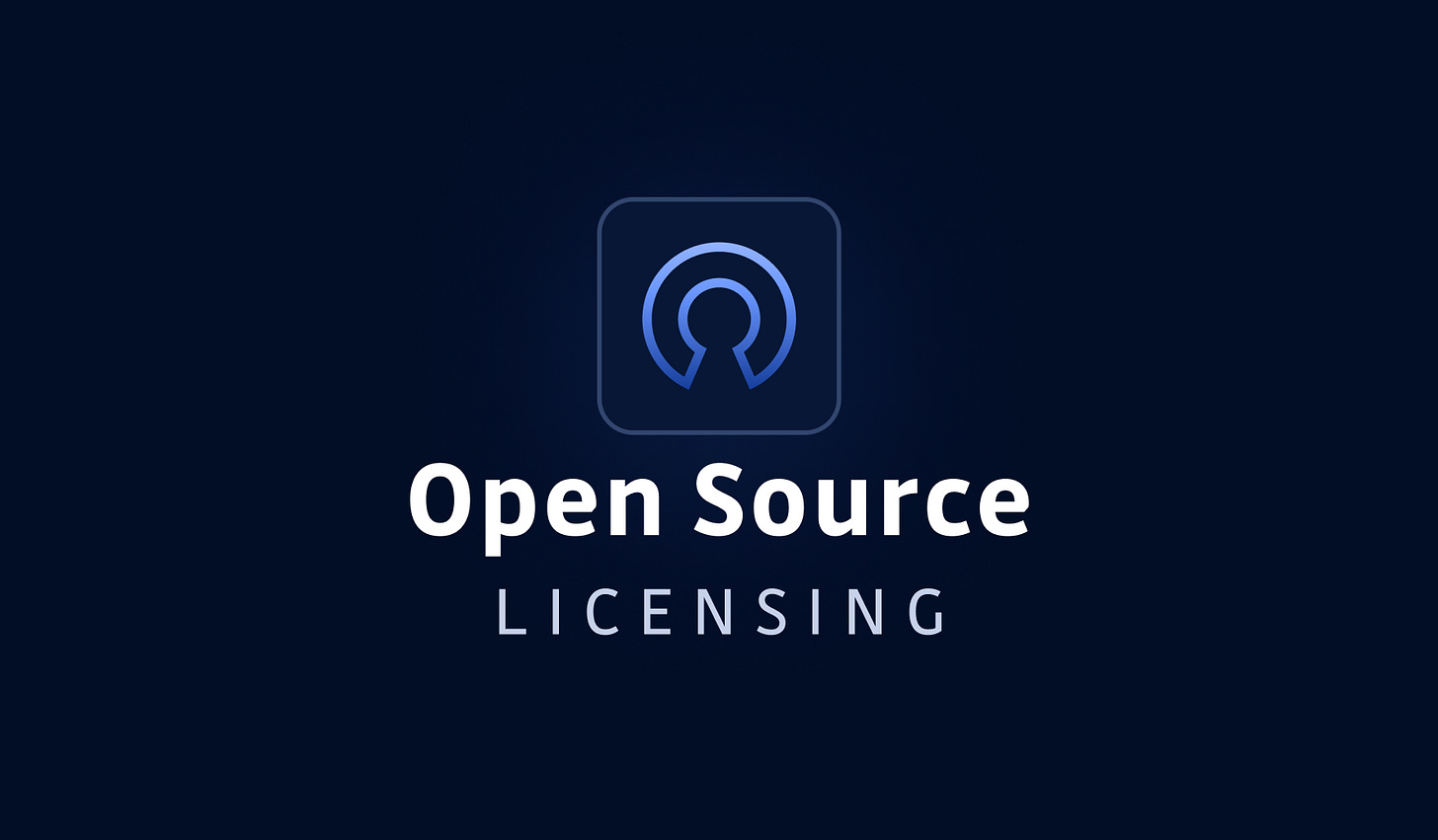Want to Monetize Open Source? Avoid These License Pitfalls
Open source licenses explained: Avoid legal risks & monetize safely. MIT vs. GPL? Learn which licenses work for commercial use. Quick guide for devs & startups.
"Top Python Libraries" Publication 400 Subscriptions 20% Discount Offer Link.
This guide is prepared for developers, entrepreneurs, product managers, and even legal partners at startups.
Don't worry about complex legal jargon—I'll explain everything in plain, down-to-earth language with a clear table to help you quickly determine which licenses can be used directly for commercial purposes, which ones require caution, and where the risks lie.
After reading this, you'll be able to make immediate decisions: Can this repository be used directly in a commercial product? Do I need to change the license? Should I consult a lawyer?
Why Open Source Licenses Matter So Much
In simple terms: open source doesn't mean free-for-all use.
Some people open-source code just to share knowledge, others want more contributors, but not all of them allow you to freely monetize or distribute closed-source versions.
Licenses are the "rules of the game"—different licenses have different constraints. If you don't comply, you could face legal consequences, reputation damage, or even be forced to open-source your own code—which defeats the purpose.


